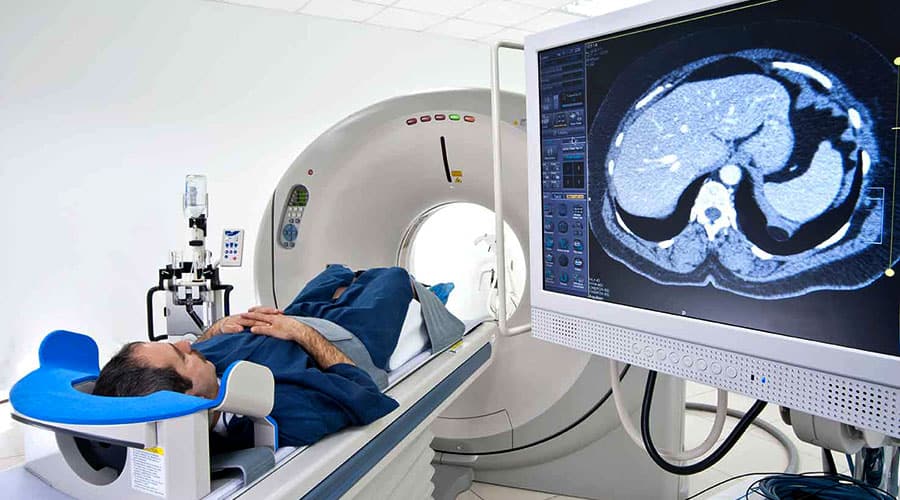
It’s estimated that over $7.9 billion is being spent annually on superfluous biopsies.
A new study published in The Lancet shows that multiparametric magnetic resonance imaging could help men suspected of having prostate cancer avoid invasive and sometimes dangerous biopsies. The MP-MRI procedure was also more effective than transrectal ultrasonography at pinpointing the most aggressive types of prostate cancer tumors.
Researchers looked to discover if an MRI scan could determine whether some men with elevated protein levels might safely avoid a biopsy. “The results of this study show clearly that having an MRI scan, followed by a TRUS biopsy if the scan is positive, can dramatically improve the diagnosis of prostate cancer,” said Hashim Ahmed, Ph.D., lead investigator on the study, in a news release. “It could also allow around a quarter of men with negative MRI scans to safely avoid having an immediate biopsy and the sometimes unpleasant side effects these can cause.”
The study, conducted at 11 English hospitals, looked at 576 men with suspected prostate cancer. The MP-MRI scans detected 93% of clinically important cancers. The TRUS biopsies only identified 48% of clinically important cancers. Nine out of 10 men who had a negative MP-MRI scan had either no cancer or a relatively harmless type of the disease.
Avoiding biopsies is important because the procedure can cause serious complications including infections, urinary retention and erectile problems while often completely missing the cancerous mass.





